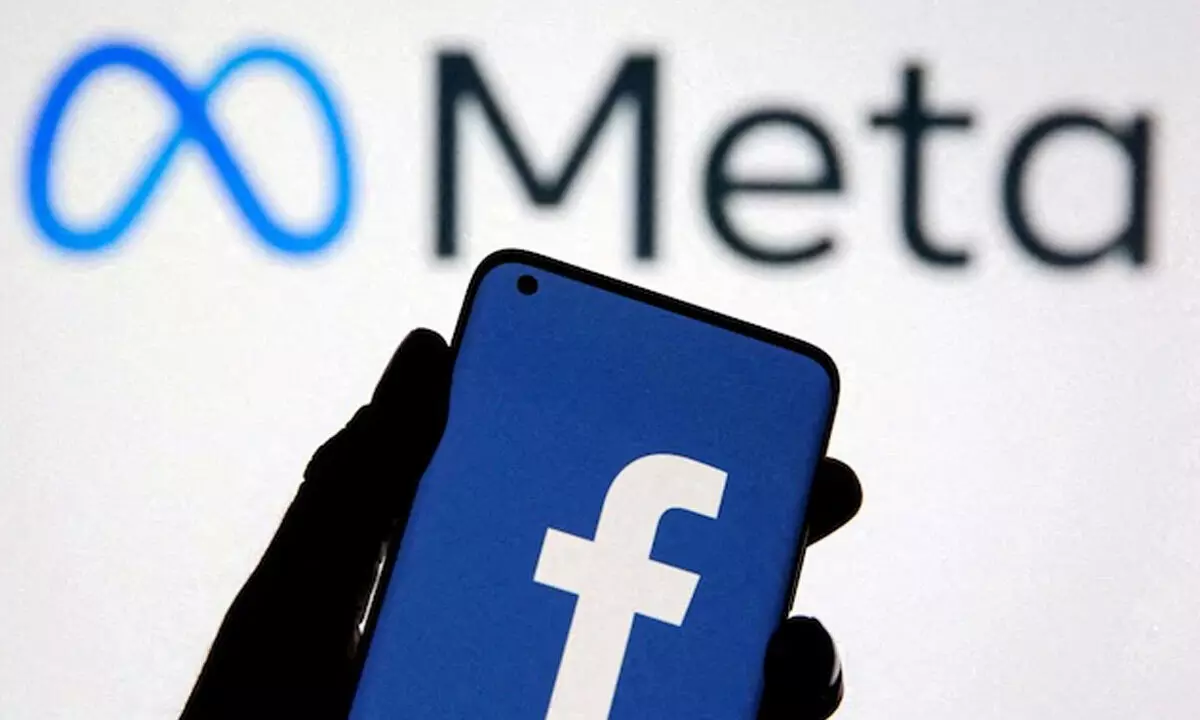Facebook secretly drains smartphone batteries: Ex-Data Scientist

Facebook bug is sending automatic friend requests
According to data scientist George Hayward, who was working with Facebook, indulges in a practice called negative testing, which intentionally drains the battery power of a user's cell phone.
It's no secret that some apps on your smartphone consume more power than others, negatively affecting your phone's battery life. An ex-employee of Facebook has claimed that the social networking website intentionally drains smartphone batteries. According to data scientist George Hayward, who was working with Facebook, indulges in a practice called negative testing, which secretly drains the battery power of a user's cell phone.
According to the New York Post, Hayward claimed that his former employer, Facebook, intentionally drained the batteries of its users' phones. The practice is called negative testing. The test is reportedly done to test different features or issues with your apps, such as how fast the app runs or how fast an image loads. The worst part about the test is that the user has no idea that a user on their smartphone is carrying it out. Hayward called the negative testing practice harmful in a lawsuit filed against the company. He also expressed concern that this practice can be harmful.
"I said to the manager, 'this could harm somebody,' and she said by harming a few, we can help the greater masses," Hayward said. The 33-year-old ex-employee filed a lawsuit against Facebook in Manhattan's federal court. In the lawsuit, he revealed that he was fired for refusing to participate in negative testing. He worked on Facebook's Messenger app, which is used like any other messaging platform."I refused to do this test," he said, adding, "It turns out if you tell your boss, 'No, that's illegal,' it doesn't go over very well," he said.
Hayward said he doesn't know the exact number of users affected by Facebook's negative tests. He also mentions that the company started negative testing when it was given an internal training document titled "How to run thoughtful negative tests," which had examples of such experiments being carried out. "I have never seen a more horrible document in my career," he said.










